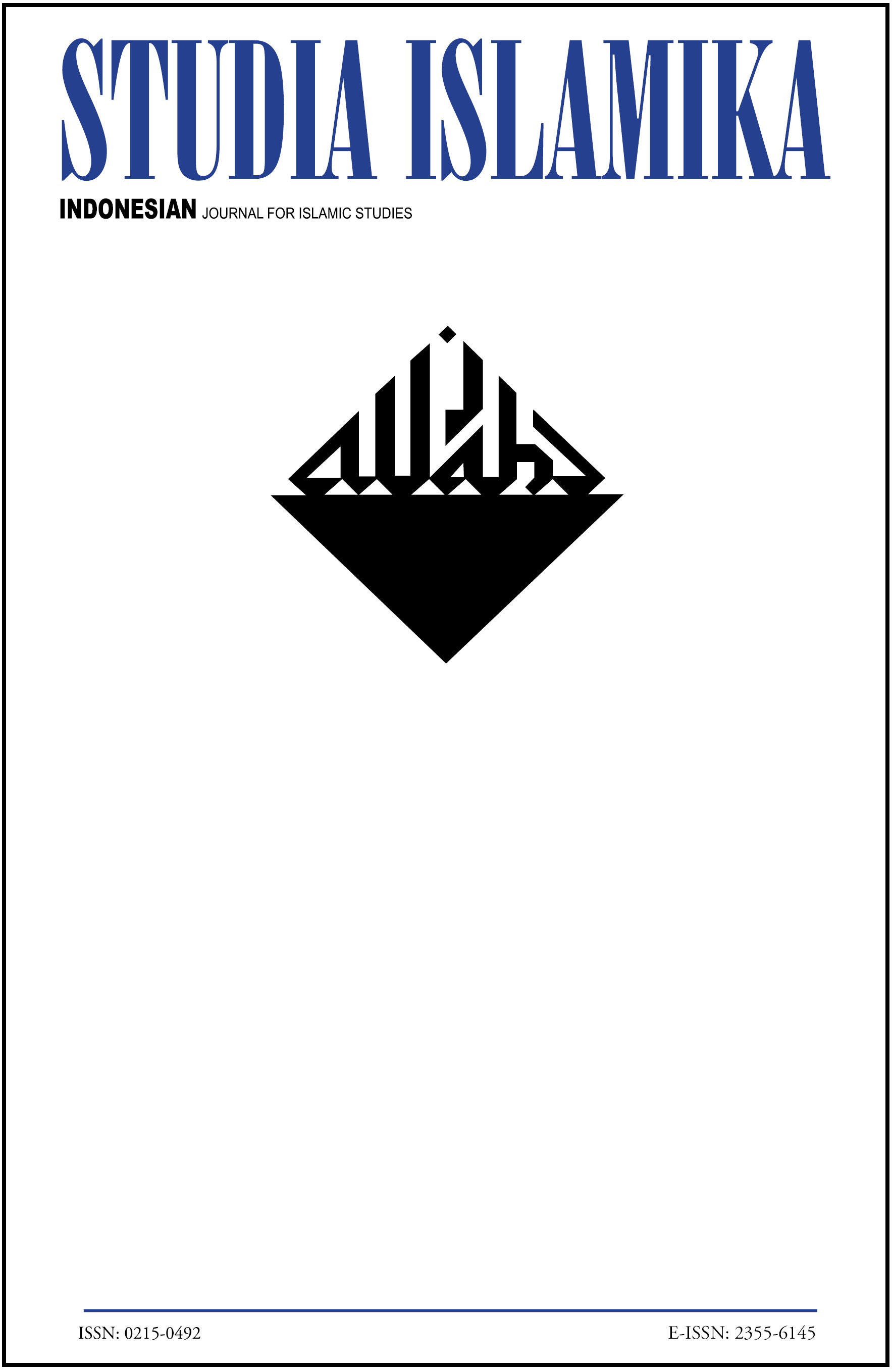Abstract
Edward Schneier. 2016. Muslim Democracy: Politics, Religion and Society in Indonesia, Turkey and the Islamic World. New York: Routledge.This book is one of the most recent and pivotal works in studying of democratization in Muslim world. The controversial inference from the Edward Schneier’s work is that the variable of religion, especially Islam in this context, is not appropriate enough to explain the success or failure of democracy in Muslim majority countries. By using the mix method of statistics comparison and comparative case studies in Indonesia and Turkey, he argues that the difference of colonialization, history, geopolitics and the growth of developmental economy is crucial variable to elucidate the different outcome of democratization in Muslim countries. However, this book is like a generalization from prior works regarding this topic especially in explaining Islam and democracy in both countries. Some arguments fell down repeatedly with prior scholars such as the explanation of civil Islam to explain Indonesia democratization and the role of military-Islamist relations in depicting democratization in Turkey.DOI: 10.15408/sdi.v24i1.5223References
Bubalo, Anthony, Greg Fealy, and Whit Mason. 2008. Zealous Democrats: Islamism and Democracy in Egypt, Indonesia and Turkey. Double Bay, N.S.W.: Longueville Books.
Buehler, Michael. 2008. “The Rise of Shari’a by-Laws in Indonesian Districts: An Indication for Changing Patterns of Power Accumulation and Political Corruption.” South East Asia Research 16(2): 255–85.
Dhume, Sadanand. 2005. “Indonesian Democracy’s Enemy Within.” http://yaleglobal.yale.edu/content/indonesian-democracy%E2%80%99s-enemy-within (June 15, 2016).
Esposito, John L., Tamara Sonn, and John Obert Voll. 2016. Islam and Democracy after the Arab Spring. New York: Oxford University Press.
Garadian, Endi Aulia. 2016. “Between Identity and Interest: Revisiting Sharia Bylaw in Current Indonesia.” Studia Islamika 23(2). DOI: 10.15408/sdi.v23i2.3672.
Geertz, Clifford. 1996. The Religion of Java. Chicago: Univ. of Chicago Press.
Hamayotsu, Kikue. 2011. “The Political Rise of the Prosperous Justice Party in Post-Authoritarian Indonesia: Examining the Political Economy of Islamist Mobilization in a Muslim Democracy.” Asian Survey 51(5): 971–92.
———. 2012. “The End of Political Islam? A Comparative Analysis of Religious Parties in the Muslim Democracy of Indonesia.” Journal of Current Southeast Asian Affairs 30(3): 133–59.
Hefner, Robert W. 2000. Civil Islam: Muslims and Democratization in Indonesia. Princeton, NJ: Princeton University Press.
Heinke, Susan. 2012. “Annual Report of the Bonn International Center for Conversion.”
Ismail, Salwa. 2003. Rethinking Islamist Politics: Culture, the State and Islamism. London; New York: I.B. Tauris.
Liddle, William, and Saiful Mujani. 2013. “Indonesian Democracy: From Transition to Consolidation.” In Democracy and Islam in Indonesia, eds. Mirjam Künkler and Alfred C. Stepan. New York: Columbia University Press.
Lipset, Seymor M., and Stein Rokkan. 1967. “Cleavage Structures, Party Systems, and Voter Alignments.” : 1–64.
Machmudi, Yon. 2008. Islamising Indonesia: The Rise of Jemaah Tarbiyah and the Prosperous Justice Party (PKS). Acton, A.C.T.: ANU E Press.
Muhtadi, Burhanuddin. 2012. Dilema PKS: Suara dan Syariah. Jakarta: Kepustakaan Populer Gramedia.
Munhanif, Ali. 2016. “Islam, Ethnicity and Secession: Forms of Cultural Mobilization in Aceh Rebellions.” Studia Islamika 23(1). DOI: 10.15408/sdi.v23i1.2659.
Nasr, Seyyed Vali Reza. 2005. “The Rise of Muslim Democracy.” Journal of Democracy 16(2): 13–27.
Roy, Olivier. 1994. The Failure of Political Islam. Cambridge, Mass: Harvard University Press.
Tibi, Bassam. 2013. The Sharia State: Arab Spring and Democratization. London ; New York: Routledge.
Tilly, Charles. 2007. Democracy. New York: Cambridge University Press.
Authors who publish with this journal agree to the following terms:
- Authors retain copyright and grant the journal right of first publication with the work simultaneously licensed under a Creative Commons Attribution License that allows others to share the work with an acknowledgement of the work's authorship and initial publication in this journal.
- Authors are able to enter into separate, additional contractual arrangements for the non-exclusive distribution of the journal's published version of the work (e.g., post it to an institutional repository or publish it in a book), with an acknowledgement of its initial publication in this journal.
- Authors are permitted and encouraged to post their work online (e.g., in institutional repositories or on their website) prior to and during the submission process, as it can lead to productive exchanges, as well as earlier and greater citation of published work.

